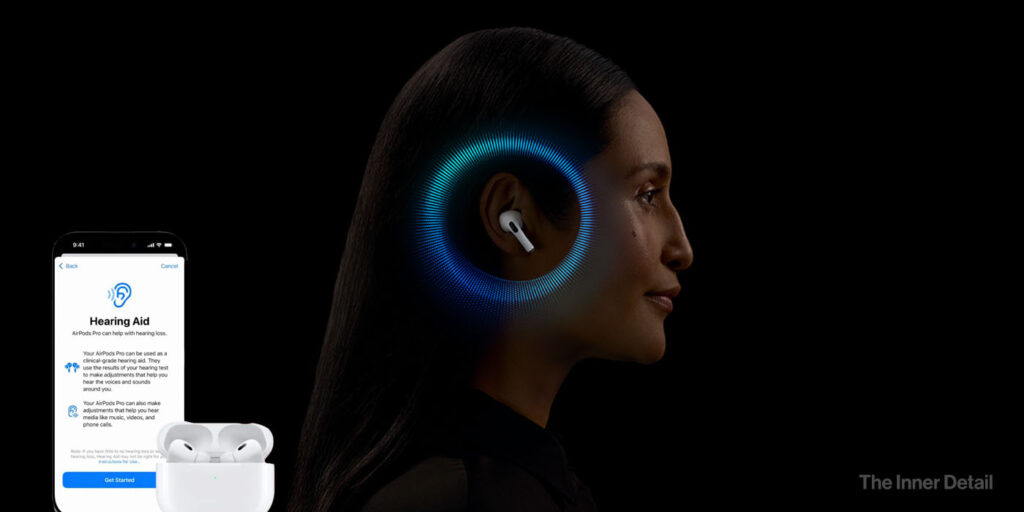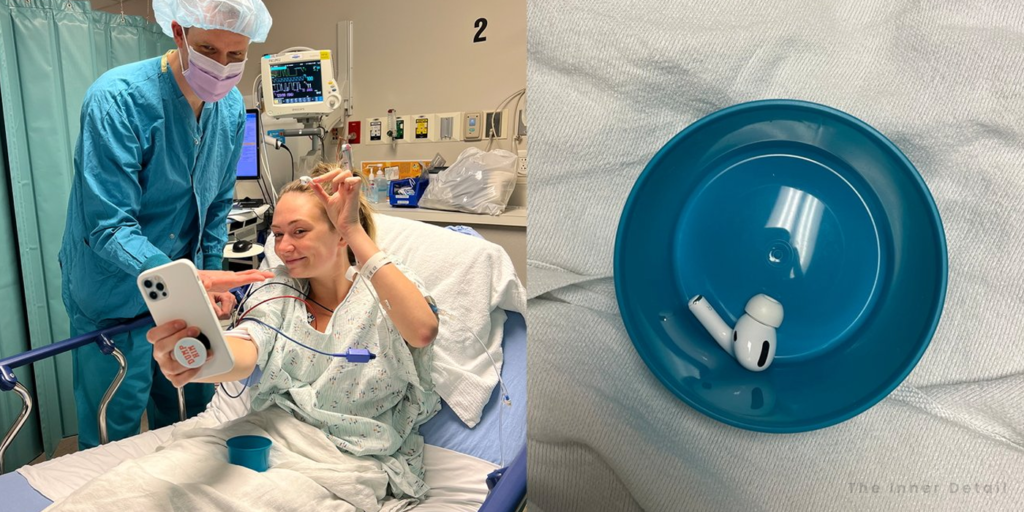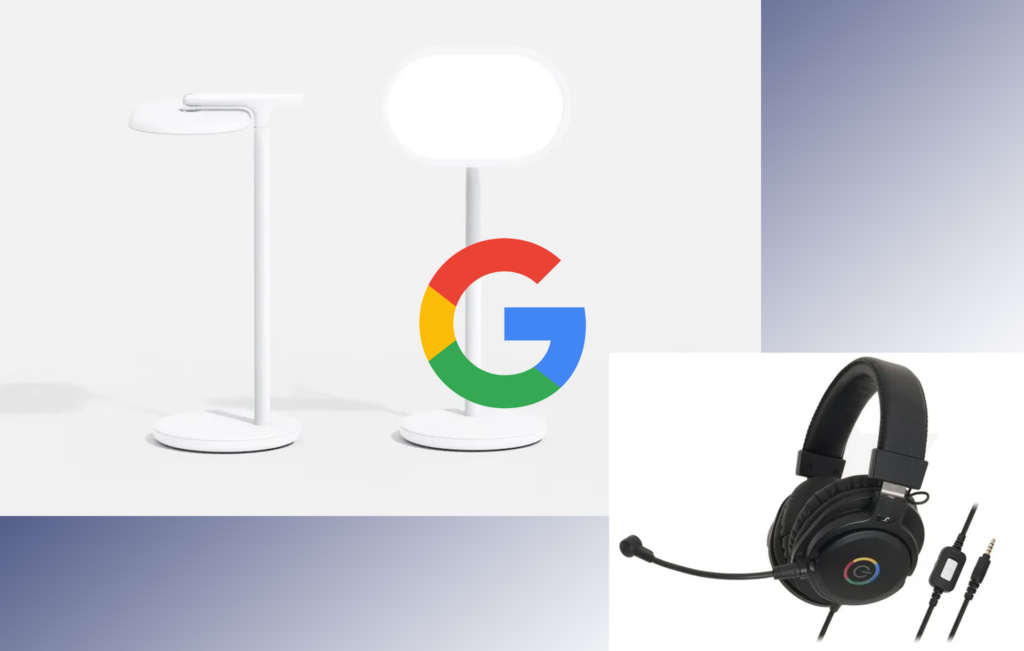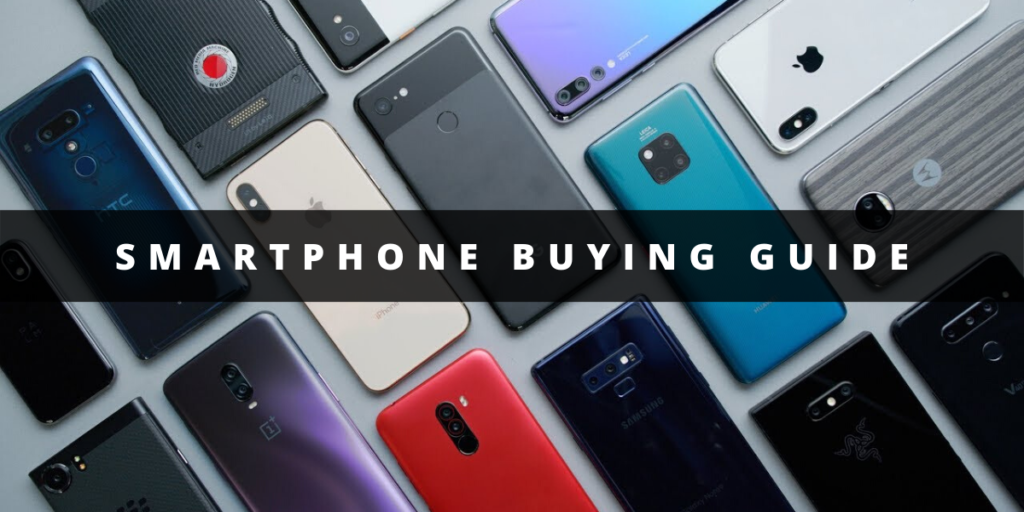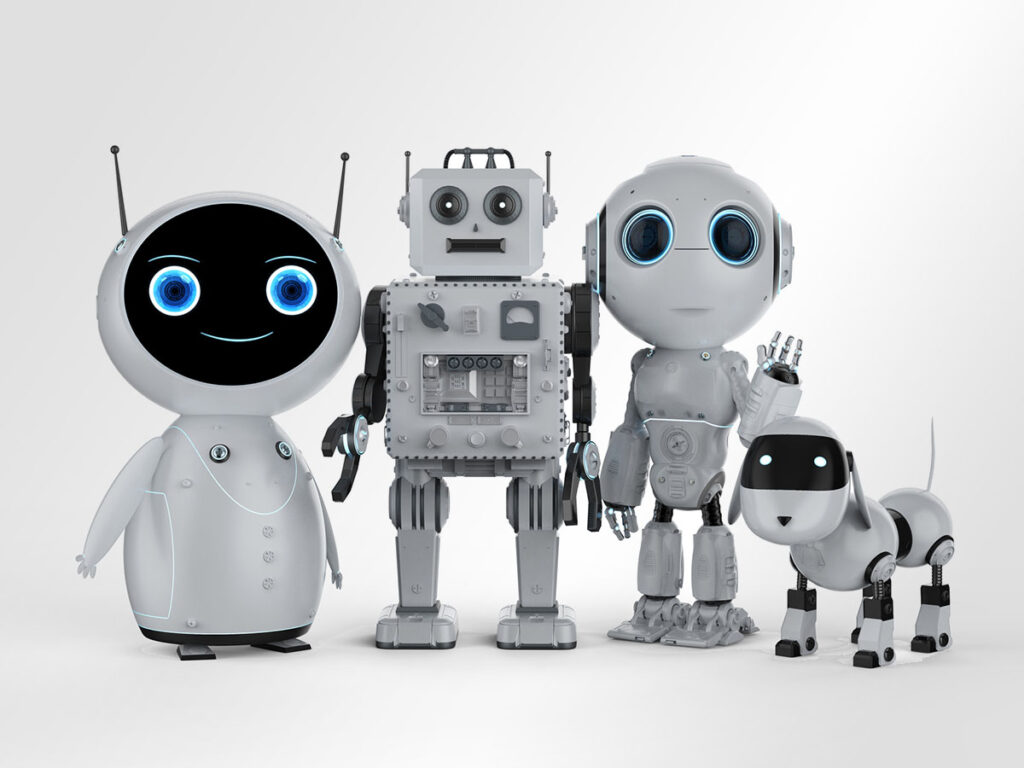A frustrated Indian techie who found that AirPods’ hearing aid feature is not compatible in India, paved his own way to make it work; gets several requests from others to fix the same.
Apple AirPods Pro 2 have a clinical-grade hearing aid feature for people with mild to moderate hearing loss. The AirPods deploys machine learning in real time to amplify the sound, making it clearer and vibrant. The feature is available in over 100 countries, including the United States. To use the feature, you also need an iPhone or iPad running iOS 18.1 or later besides AirPods Pro 2.
Rithwik Jayasimha, a 24-yr-old Bengaluru techie, bought AirPods Pro 2 for his partially-deaf grandmother. However, it put him in shock when he came to know that the hearing-aid feature is not available in India. “When I tried to set it up, I realized the feature was blocked in India. I spent the rest of the day trying to figure out how to enable it, but I kept hitting a dead end,” said Jayasimha.
In response, Rithwik decided to find a solution to enable the hearing-aid feature in India. And this is how he made it.
Manipulating the Location

Rithwik teamed up with his friends Arnav Bansal and Rithwik Ribhu and started working in a small lab in Bengaluru’s Koramangala, exploring ways to bypass the location restrictions in the AirPods. Recognizing that the AirPods detect location using Wi-Fi network data rather than GPS, they devised a method to spoof the device’s location.
The team used materials like such as aluminium foil, copper mesh, a microwave and an ESP 32 chip and built a Faraday Cage. Faraday Cage is a device which blocks electromagnetic fields, inspired by scientist Michael Faraday.
By leveraging a Wi-Fi location database, they managed to trick the AirPods into believing they were in San Francisco, successfully enabling the hearing aid feature. And grandma got her new hearing-aid – Apple AirPods Pro 2.
When Jayasimha took this project online, the team received several requests from people facing the same challenge. The team then assisted over 30 people in enabling the feature and are now considering expanding their informal lab, called ‘Lagrange Point’.
While Apple has not reached out to them, the group remains hopeful that the hearing aid feature will gain regulatory approval in India.
The AirPods provided advanced features such as customizable equalizer settings and conversation awareness which are absent in conventional hearing-aid devices, simplifying the process for partially deaf people.
Beyond their current project, the trio continues to work on innovative solutions to address societal issues. These include developing water-cooled suits for delivery personnel during heatwaves and creating adaptive clothing for Parkinson’s patients. Their next focus is designing devices to detect microplastics in water and food, aiming to tackle broader environmental and health challenges.
Kindly add ‘The Inner Detail’ to your Google News Feed by following us!
